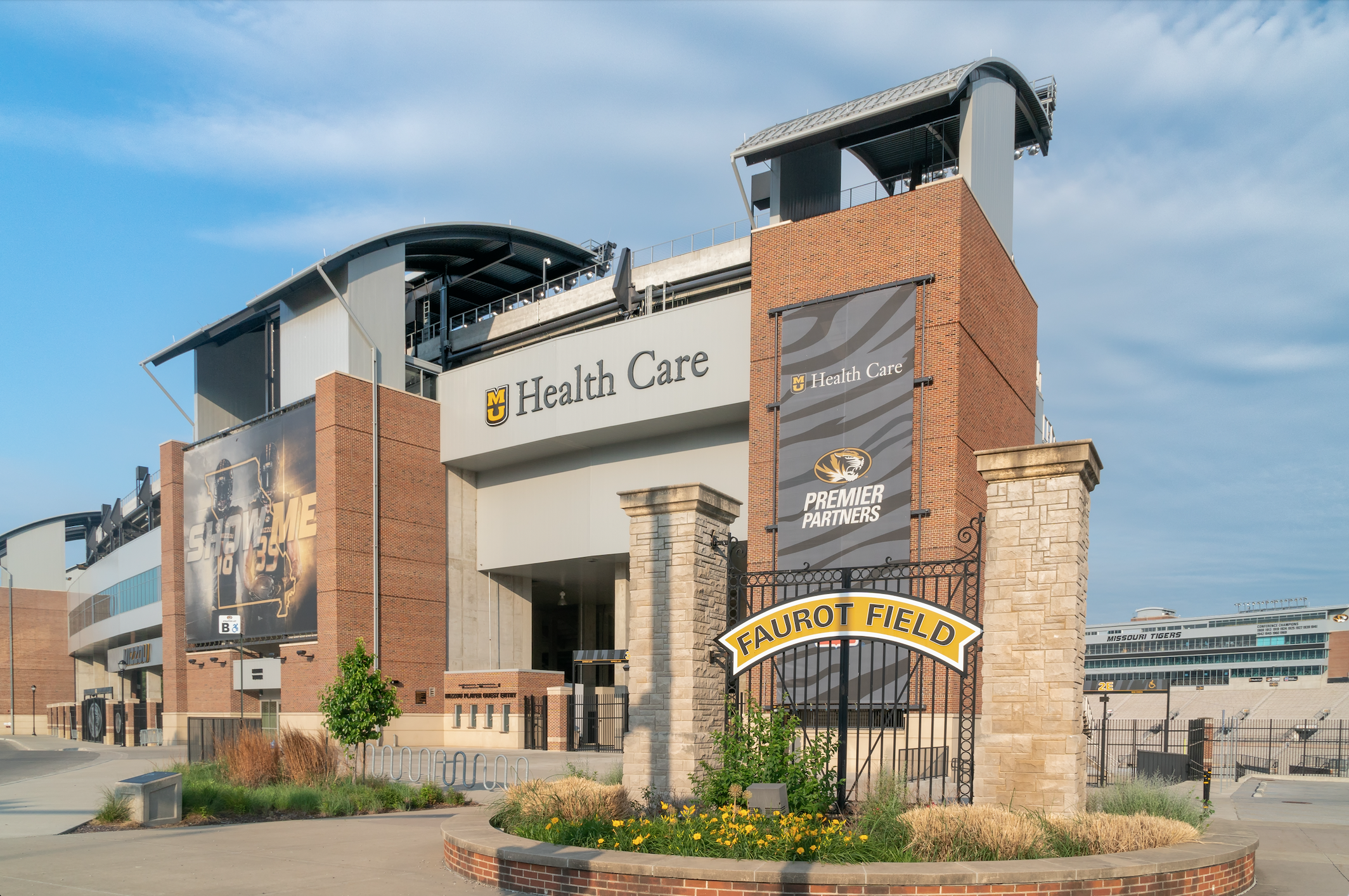JEFFERSON CITY, Mo. — With less than two weeks left of the legislative session, a bipartisan effort is underway to allow college athletes to be paid for their likeness.
Democratic Sen. Greg Razer spearheaded the effort Tuesday by attaching an amendment to a House education bill that would prevent colleges from prohibiting or punishing a student-athlete who earns compensation for the use of his or her name, image, likeness, or “athletic reputation.” The language also stipulates that an athlete’s grant-in-aid or stipend eligibility should not be impacted by compensation.
“What we’re talking about is allowing the Olympic model in the NCAA — allowing our student-athletes to earn money off their name, image and likeness through endorsements,” Razer told The Missouri Times. “To date, 11 states have NIL legislation signed into law and Georgia has a bill sitting on the governor’s desk. Allowing these athletes to make money off their own name, image, and likeness is long overdue, and it’s time Missouri moves on this legislation.”
And on Thursday, GOP Rep. Nick Schroer attached a similar amendment to SB 330 while it was in the lower chamber. The amendment was adopted in a 124-23 vote.
“For too long, the great American principles of capitalism and free markets have been something student-athletes in our state could not enjoy,” Schroer said. “An archaic NCAA rule prevented student-athletes from going out and earning extra income off of their own hard work, name, image, and likeness, while academic scholarship athletes had this option. Today, in a bipartisan fashion, the Missouri House took a stand for the principles of life, liberty, and the pursuit of happiness to be something all Missourians could enjoy in voting in favor of this legislation.”
Alabama, Arkansas, Florida, and Mississippi are other states with SEC schools that have a provision in place to allow student-athletes to be compensated. Proposals in Georgia and South Carolina are awaiting the governors’ signatures.
“In regards to the name, image and likeness issue, nationally and within our state, the University of Missouri continuously pursues every opportunity to positively enhance the experience for its 550 student-athletes. Doing so within a regulatory framework that emphasizes the unique principles of amateur athletics and creates a level playing field for all institutions is paramount to any analysis of future opportunities,” Nicholas Joos, a spokesperson for the University of Missouri Athletics Department, said. “We will continue to monitor all developments in this area and look forward to working together with all stakeholders toward a mutually beneficial and cohesive result.”
The measure has bipartisan support, including from Majority Floor Leader Caleb Rowden who said he’s ready to get it across the finish line this session.
“At this point now, anyone who doesn’t have [this law in place] is at a competitive disadvantage to recruiting,” Rowden said. “I think the NCAA will take action at some point, but until they do, I think there is tremendous need and value to getting it done in Missouri.”
The amendment prohibits student-athletes from contractually allowing an apparel, beverage, or equipment company from using his or her likeness or name in exchange for the athlete to display the product or company’s logo during official team activities if it violates the college’s own contracts or licenses.
College athletes must also disclose to the school compensation contracts.
“Missouri’s college athletes and athletic programs will be at a significant disadvantage and suffer economic harm if Missouri lawmakers don’t vote this bill into law,” Ramogi Huma, executive director of the National College Players Association (NCPA), said. “College athletes in Missouri deserve the same economic freedoms afforded to other students and Americans. It would be a serious miscalculation to delay. Other states have adopted or are pursuing laws that will provide their athletes these freedoms beginning July 1.”
The NCAA Board of Governors unanimously voted to allow student-athletes to be paid for their likeness in 2019. The move came after California adopted the Fair Pay to Play Act which prevents schools from punishing athletes who sell the rights to his or her name, image, or likeness.
Razer’s amendment was attached to Rep. Travis Fitzwater’s HB 320. The Republican lawmaker said he is “definitely” supportive of the measure. State Reps. Wes Rogers and Nick Schroer have sponsored similar efforts in past years.
“For too long, college athletes have been unnecessarily prevented from providing for themselves and their families while their name, image, or likeness is used in the free market for profit of which they have no access,” Fitzwater said. “College athletes should have the ability to make a living off of their hard work, sweat, and efforts just like everyone else in the marketplace. I’m glad one of my bills can be a vehicle for this overdue change.”
Catalyst is working on the issue.
This story has been updated. It was originally published on May 5.

Kaitlyn Schallhorn was the editor in chief of The Missouri Times from 2020-2022. She joined the newspaper in early 2019 after working as a reporter for Fox News in New York City.
Throughout her career, Kaitlyn has covered political campaigns across the U.S., including the 2016 presidential election, and humanitarian aid efforts in Africa and the Middle East.
She is a native of Missouri who studied journalism at Winthrop University in South Carolina. She is also an alumna of the National Journalism Center in Washington, D.C.
Contact Kaitlyn at kaitlyn@themissouritimes.com.
























